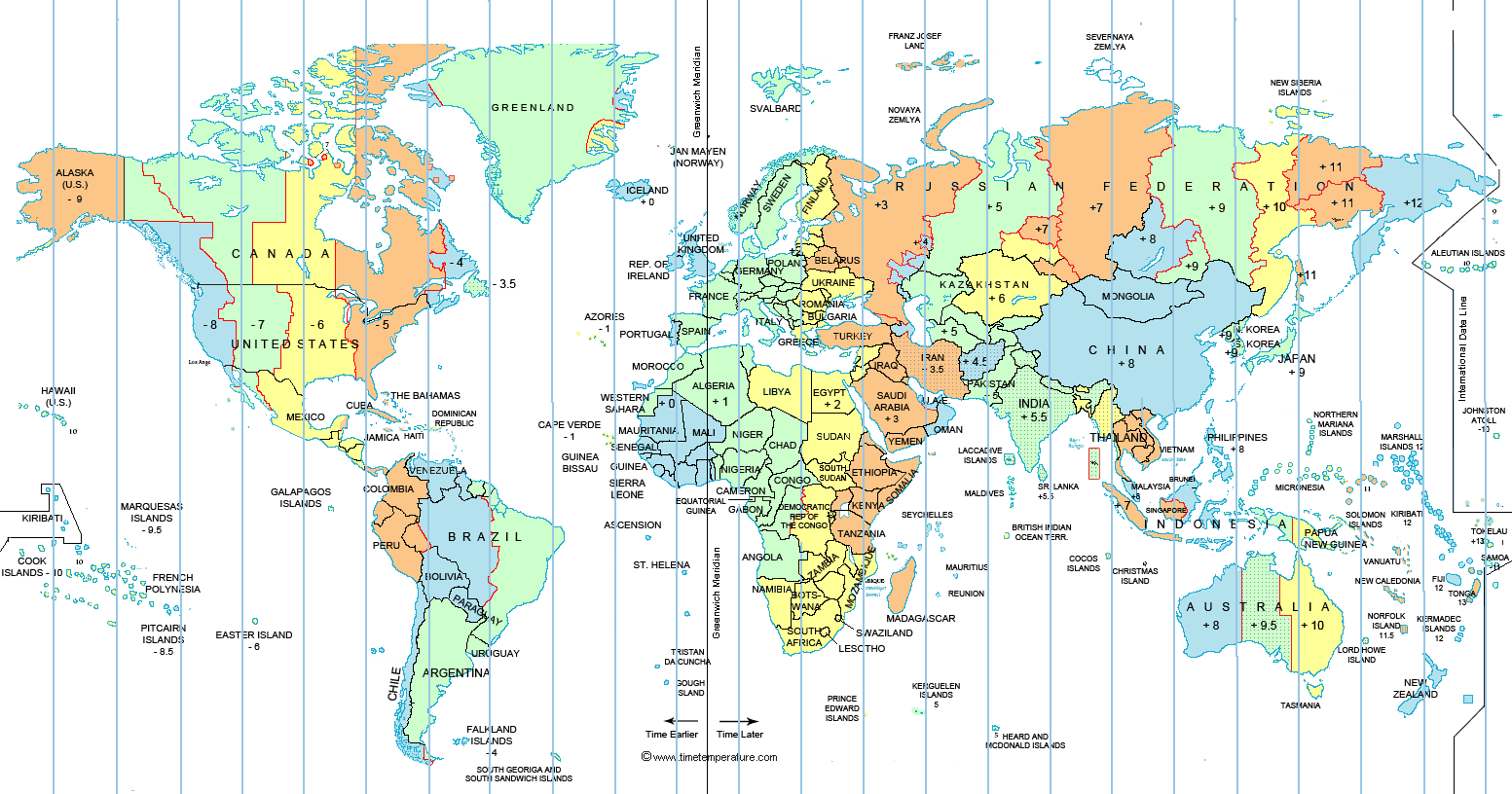Recently, I went to the touristy area of Wangfujing. Others
had warned me that it was just for tourists; that no locals go there. Well, it
was a total tourist trap but, it was a really fun and interesting tourist trap.
Wangfujing is a pedestrian only shopping section of Beijing.
It is accessible using Line One of the Beijing subway. Just get off at the
Wangfujing stop.
In in this neighborhood, the cool thing to do is to go down
Snack Street. Snack Street is a collection of little alleyways that are lined
with food stalls. Be ready for this. This is not like anything you’ve seen
before. There is a lot of weird stuff on a stick.
While wandering through Snack Street, I saw all manner of
odd and repulsive looking food. There were scorpions, snakes, starfish,
seahorses, and one lizard, all on skewers, at various stalls. Many of the
critters were still alive while speared and waiting to be grilled. It is not a
place for the squeamish. Now, in the interest of full disclosure, I only ate
some mini candied apples on a stick. So, I can’t say how any of the weird stuff
tastes. Maybe it’s delicious and I really missed out on an exquisite delicacy.
But, I’m ok with this.
Interspersed with the food stalls are larger souvenir stalls
and shops. If you’re looking for souvenir type trinkets, like little tea sets
or Mao magnets, this is a good place to load up. However, just remember to
bargain. It seems like none of the prices are set in stone so, be ready to
haggle.
After the gawking at the food stalls and souvenir shopping,
I hit the Western style mall. Here, I found Gap, Sephora, Zara, and many other
familiar brands. I also found a large bookstore with a huge English language
section. The store is called the Wangfujing Bookstore. There were also several
stores that sell Chinese brands of clothing and shoes. If you need to shop for
clothes, this is a popular shopping destination.
Once gawking and shopping were over, it was time to look for
a restaurant. My friend, Kelly, and I ended up at a Peking Duck restaurant
called DaDong Roasted Duck. The food was excellent! We had Peking Duck and hot
pot. Both were great. Unfortunately, we had no idea how popular the restaurant is.
As a result, we had to wait about 40 minutes for a table. But, it was worth it.
The restaurant does, however, take reservations.
So, if you’re ever in Beijing and feel like being a total
tourist, go to Wangfujing. It completely on the beaten path but, you’ll have a
fun time.
Scorpions on a Stick.
By the way, the scorpions were still moving!
__________
Some kind of Bug on a Stick
__________
Starfish on a Stick.
How do you even eat a starfish?
__________
Really Big Scorpions on a Stick
__________
Big Scorpions, Snakes, Seahorses, Starfish, Bugs, and Lizards on Sticks
__________
Yum!
Seriously, this will haunt my dreams for life.
__________
Our Complete Meal
__________
The Hot Pot
__________
The Platter of Stuff that Goes into the Hot Pot
(We'd already taken some off the ingredients off of the platter by the time I remembered to take a picture.)
__________
1/2 of an order of Peking Duck
You take the crepe, put some duck in it, and then add some condiments from the condiment plate.
__________
Complimentary Candied Apples
__________
The Details of the Trip:
How to Get There (Source: Wikipedia)
* The Wangfujing Station of Beijing
Subway Line 1 is located at the intersection
of Wangfujing Street and Chang'an Avenue.
* Bus and trolleybus routes 103, 104, 201, 211,
420 and 特11
stop at New Oriental Market (新东安市场) east of
Wangfujing Street and at Wangfujing Intersection North (王府井路口北),
near the southern end of the street.
* Bus routes 10, 41, 59, 90, 99, 104, 120,
126, 203, 205 and 420 stop at Wangfujing on Chang'an Avenue.
Dadong Roast Duck -Wangfujing Location (Source: SmartBeijing.Com)
* Phone: 6528 8802
* Address:
6/F, 301 Wangfujing Dajie,
(opposite the Wangfujing Bookstore),
Dongcheng District
东城区王府井大街301
号京新旅大厦6
楼(王府井书店对面)
* Website: www.dadongdadong.com













































